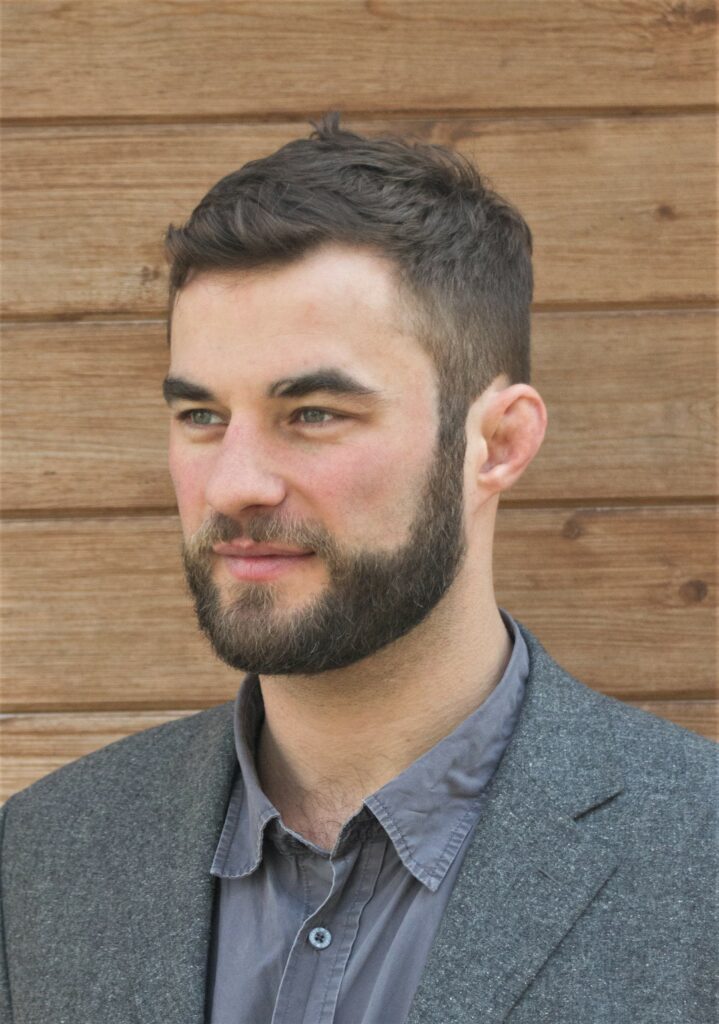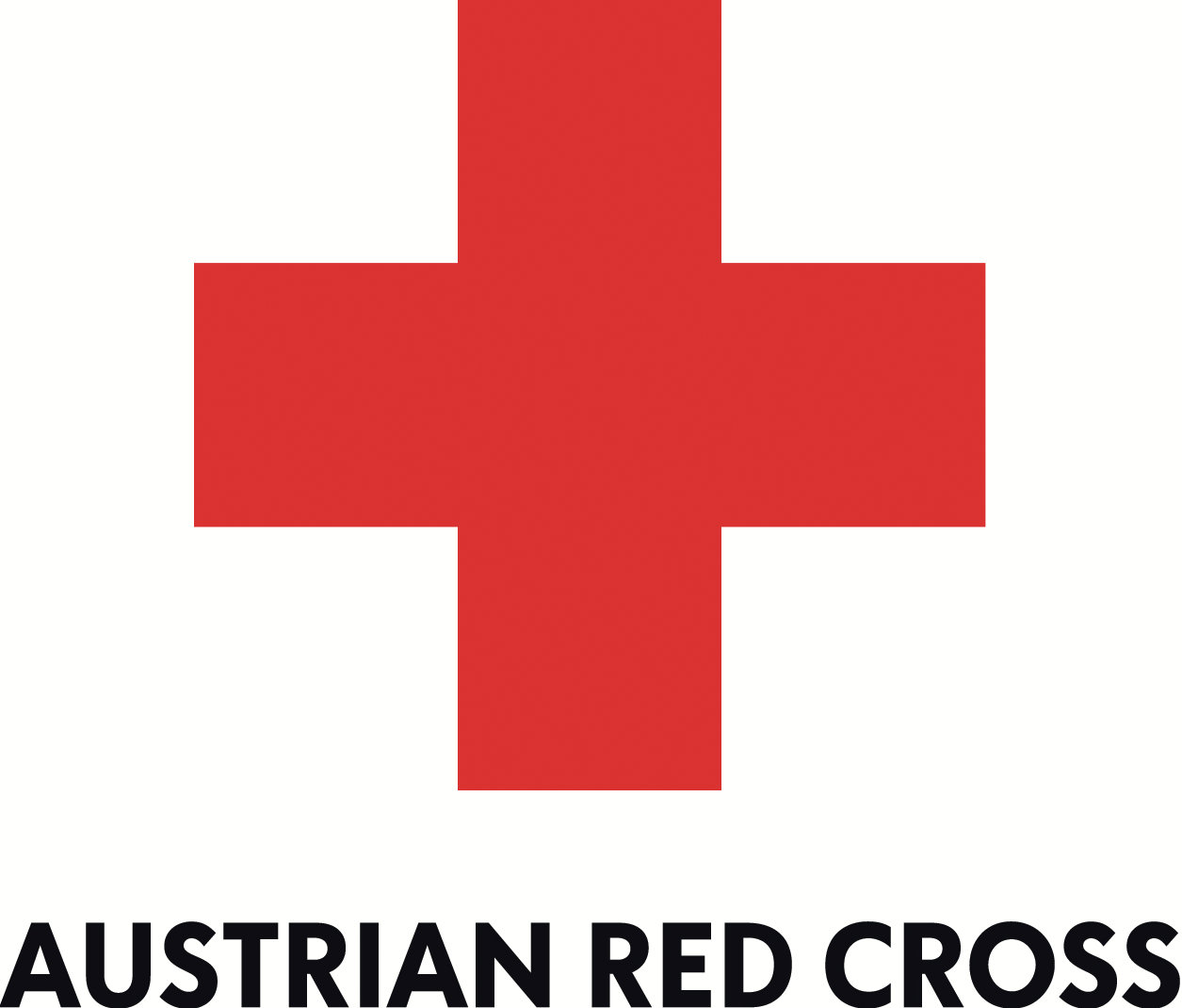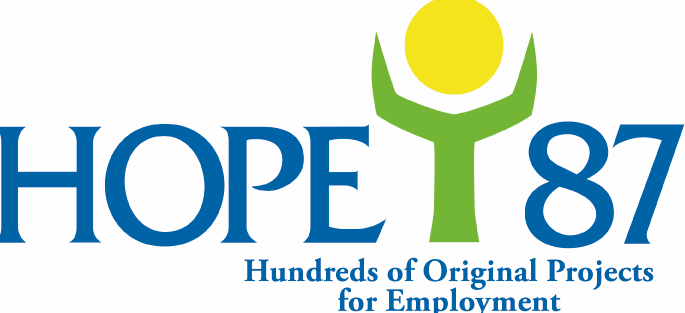As multiple earthquakes hit southern Turkey and Syria in the early morning of 6th of February, several governorates in north, central, and coastal parts of Syria have been affected with Aleppo being closest to the epicentre. Having endured a civil war for more than twelve years, the country’s population is among the most vulnerable worldwide when it comes to basic human needs as food security, health services or adequate shelter. Even before the earthquake, around 70% of the country’s population was already depending on humanitarian assistance. In 2022, following Russia’s attack on Ukraine, western states’ media and donor attention shifted accordingly. The 2022 OCHA Humanitarian Response Plan (HRP) for Syria had the largest funding gap since the conflict started with more than 50% ($2.2 billion) of funding needs unmet. These numbers tell the tale of a forgotten crisis, which set the stage for the earthquake to hit a population least equipped to deal with its effects. Affecting 8,8 million people, it left at least 7,000 people dead and more than 105,000 displaced. This situation is especially tense in the northeast of the country, which was affected worst by the earthquake and where the question of humanitarian access remains critical.
Amid this scenario, SOS Children’s Village decided to take action alongside its local partner SOS Syria, targeting 25,000 most vulnerable children and family members with an emergency response project. In line with the Nexus approach, in the early phase of the project humanitarian needs are addressed through multipurpose-cash assistance, NFIs (like mattresses and winter clothes) and infant supply kits. The second phase will entail medium-term solutions focussing on building livelihoods, implementing activities to improve the overall situation of families and developing their capacities to provide better care for their children.
As every contribution to alleviating suffering counts, it is just a question of time until the media and donor attention will shift away from Syria again, if it hasn’t already, and people are left to survive under horrible conditions of conflict and insecurity. When funding decreases, means of humanitarian assistance will decrease as well, potentially stripping people of the bare minimum in the coming months. Not to mention working towards the reduction of violence associated with the ongoing armed conflict in the country. Given these dire circumstances, it is our responsibility to do all within our power to make sure that Syria will not be forgotten, again.
Philipp Zwehl – SOS-Kinderdorf Koordinator für internationale Projekte



















